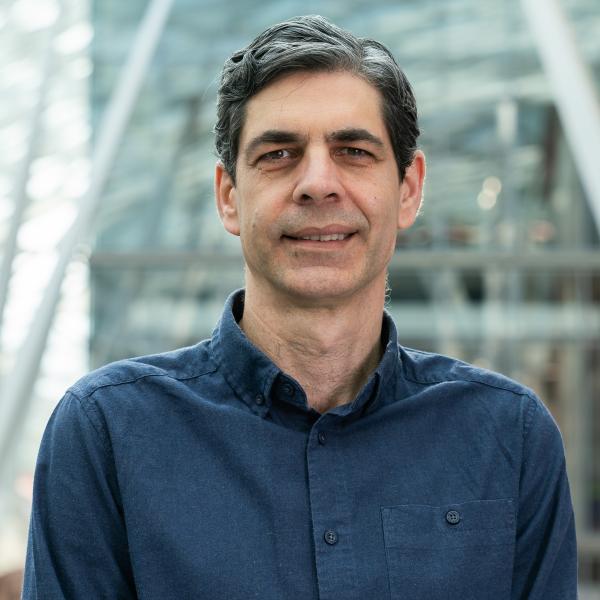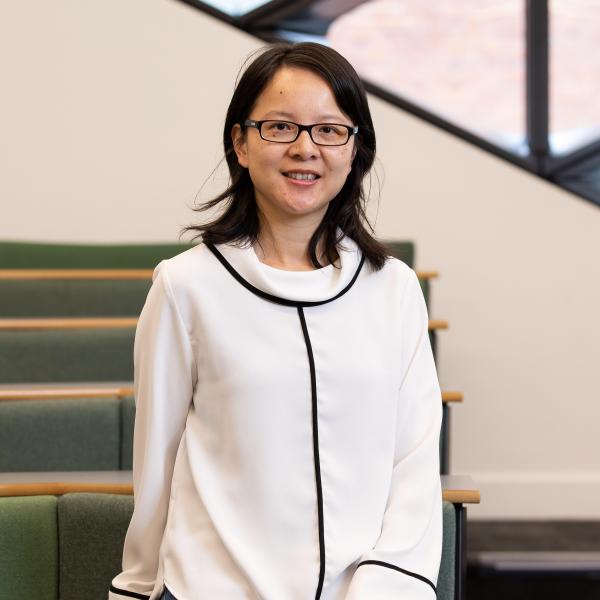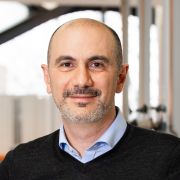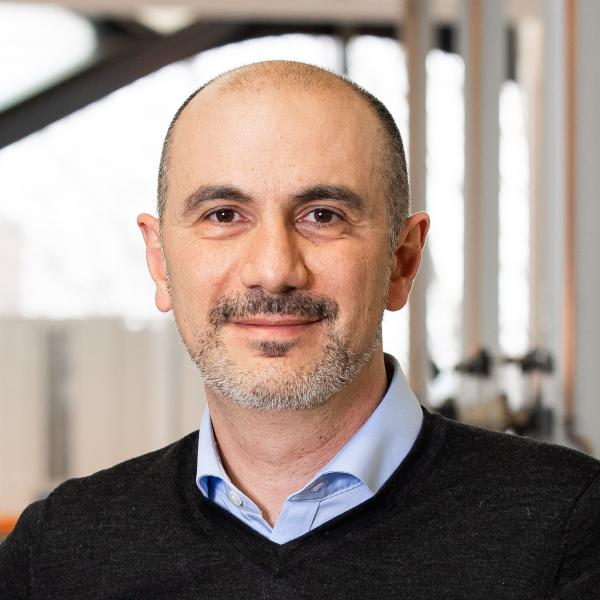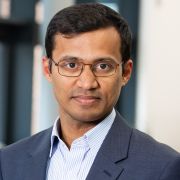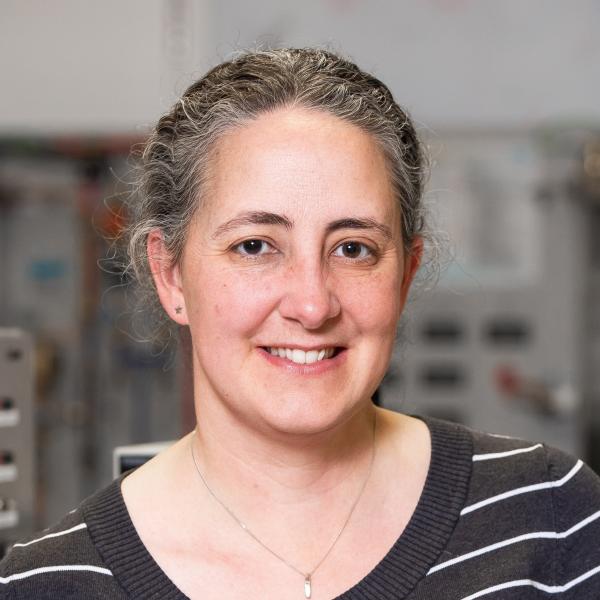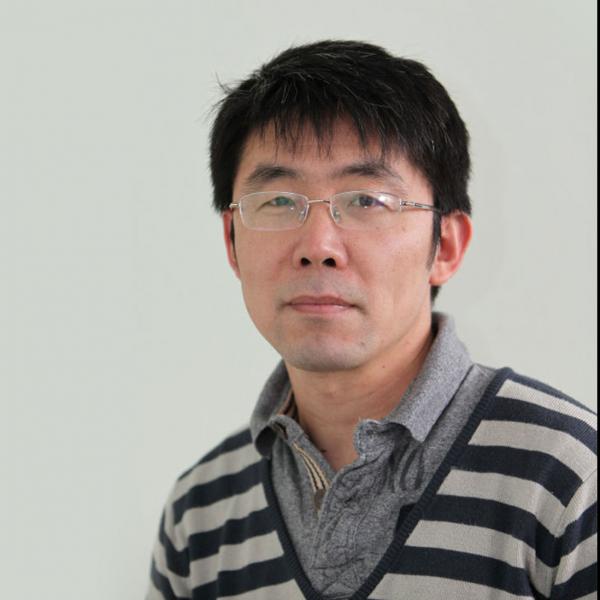Biomechanics
Biomechanics is a rapidly developing research theme with the Department, reflecting the growing number of mechanical engineers whose work sits at the interface between engineering and the life sciences.
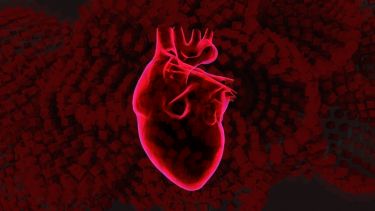
The biomechanics research within Mechanical Engineering encompasses all aspects of biomechanics within the neuromusculoskeletal, cardiovascular and airways systems. A wide range of pathologies and injuries affecting infants, children, adults and elderly are studied including osteoporosis, osteoarthritis, sarcopenia, risk of bone fracture, abnormal bone growth, intervertebral disc degeneration, respiratory diseases, dexterity assessment, joint degeneration, haemophilia, diabetic foot ulcer formation, impact and traumatic brain injuries.
To this end a large part of the research consists in the study of cell and tissue mechanics including mechanobiology of tissue engineering, haemodynamics of cardiovascular disease, bacterial biofilms, small intestine, biomechanics of the female pelvic floor muscles, cartilage degeneration and bone adaptive changes.
The research includes the development of computational and experimental models that span across all scales of the human body from the molecular, cell, and tissue levels up to the organ, body and population levels. Advanced multiscale multiphysics computational models based on finite element method, computational fluid dynamics, ordinary differential equations and multibody physics are being developed. Complementary to those models, advanced experimental methods such as complex ex-vivo cadaveric mechanical testing, human movement dynamics, wearable sensors and dexterity assessment are also being developed.
The work carried out by the team in the Department is integrated in the research themes of University’s Insigneo Institute, where simulations and devices are used to develop the medical technologies of the future.
Research centres
Insigneo Institute
The Insigneo Institute is driving innovative research at the interface of healthcare, engineering and science to transform the future of healthcare technology. Established in 2012, the institute has built a strong multidisciplinary network of over 300 academics, researchers and clinicians who bring together expertise in biomedical imaging, healthcare data, computational modelling, and digital healthcare technologies.
Our experts
The group also involves members from other Departments across the University of Sheffield:


